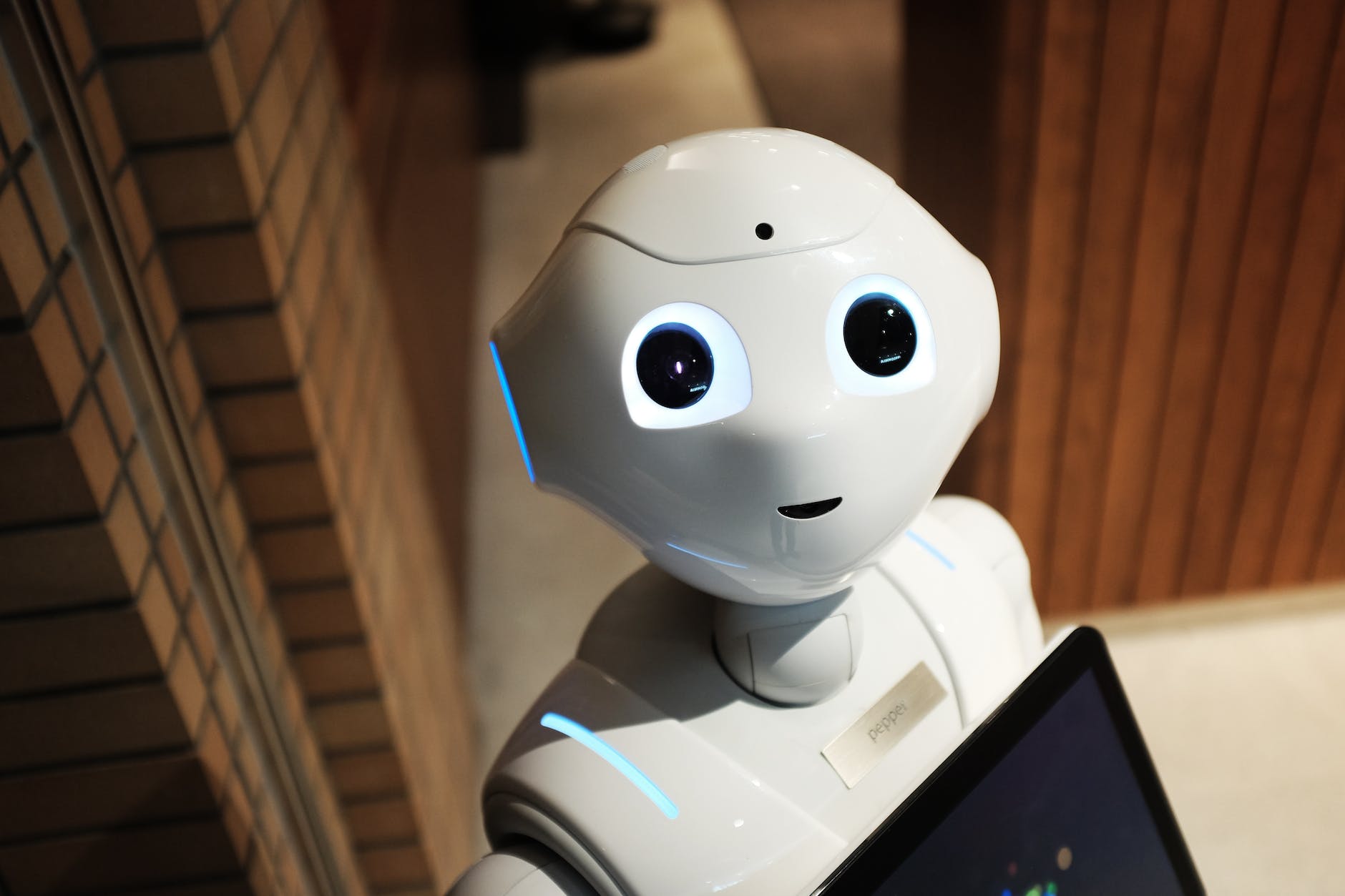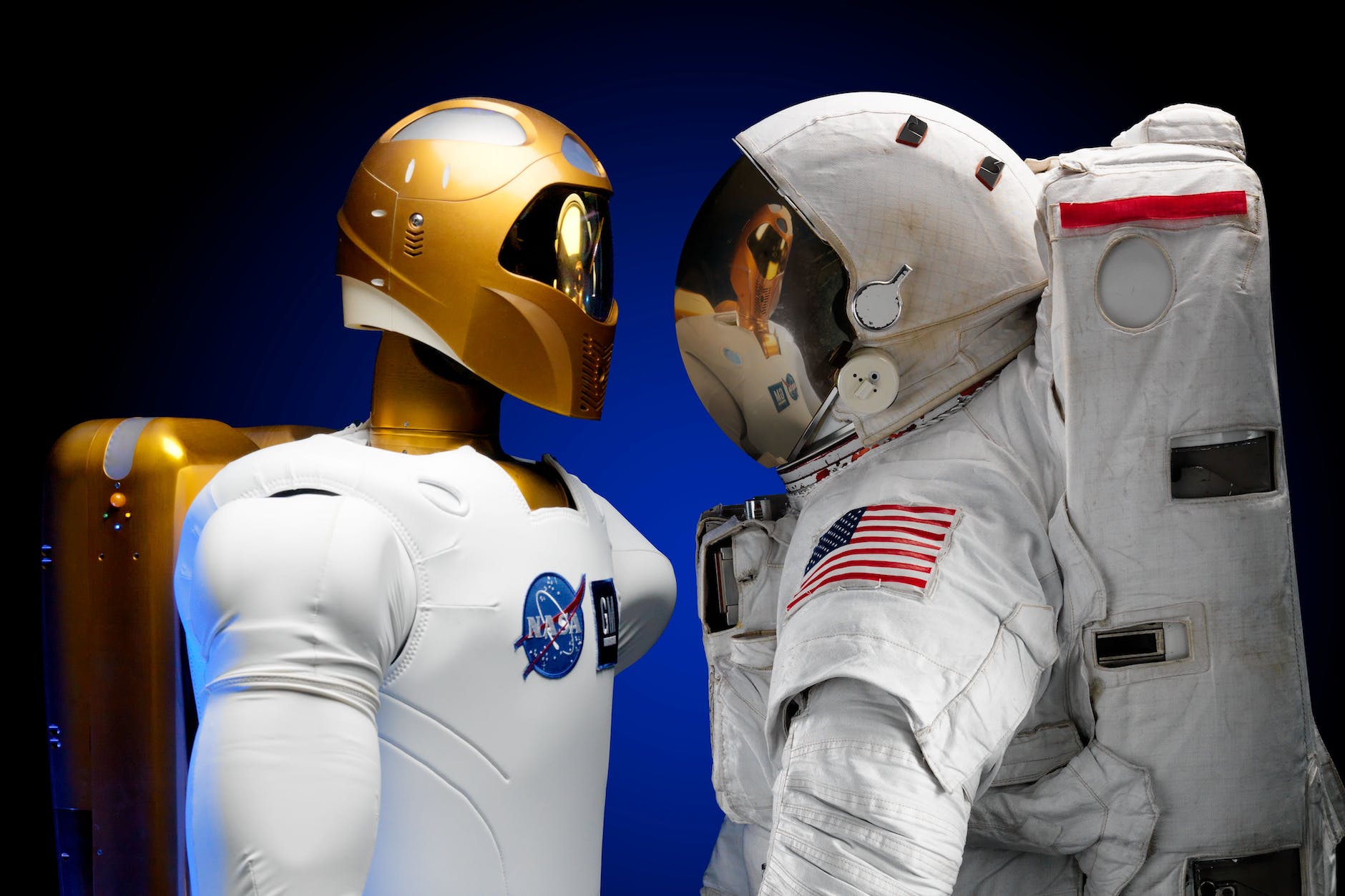Artificial Intelligence (AI) is a rapidly growing field that involves the development of computer systems that can perform tasks that would typically require human intelligence, such as visual perception, speech recognition, decision-making, and language translation.
Types of Artificial Intelligence
There are several different types of AI, including:
- Reactive Machines: These types of AI systems only react to the current situation and do not have any memory of past events. They are typically used in applications such as self-driving cars, where the system must react quickly to changes in the environment.
- Limited Memory: These types of AI systems have a limited memory and can use past events to make decisions. For example, a robot that navigates a building by remembering the layout of the building.
- Theory of Mind: These types of AI systems have the ability to understand mental states such as beliefs and intentions in order to better interact with humans.
- Self-Aware: These types of AI systems have a sense of self-awareness and can understand their own mental states.

One of the most notable areas of AI development is in the realm of machine learning, which involves training computer systems to learn from data and improve their performance over time without being explicitly programmed. This type of AI is used in many applications such as image recognition, natural language processing, and predictive analytics.
Another key area of AI development is in the field of robotics, which involves the use of AI to control and program robots to perform tasks in manufacturing, healthcare, and other industries.
AI also has potential applications in many other fields, including finance, healthcare, education, and transportation. For example, AI-powered systems can analyze large amounts of medical data to help doctors make more accurate diagnoses, or analyze financial data to help predict market trends.
Despite the many potential benefits of AI, there are also concerns about its impact on society. One concern is that AI systems could displace human workers, leading to job loss and economic inequality. There are also concerns about the potential misuse of AI, such as the development of autonomous weapons or the use of AI to manipulate public opinion.
To address these concerns, many experts are calling for the development of ethical guidelines for the use of AI, as well as greater transparency and accountability in the development and deployment of AI systems.
Overall, Artificial Intelligence is a rapidly evolving field that has the potential to revolutionize many aspects of our lives. However, it is important that we continue to research and develop AI in an ethical and responsible manner, taking into account the potential consequences of its use.
Application of AI
Artificial Intelligence (AI) has a wide range of applications in various industries and fields. Some of the most notable applications of AI include:
- Healthcare: AI is being used to analyze large amounts of medical data to help doctors make more accurate diagnoses, predict patient outcomes, and identify potential outbreaks of infectious diseases. Additionally, AI-powered robots are being used in hospitals to assist with tasks such as surgery and patient monitoring.
- Finance: AI is being used to analyze financial data and make predictions about market trends, identify fraudulent activities, and automate trading decisions.
- Retail: AI is being used to personalize customer shopping experiences, optimize supply chain management, and automate store inventory management.
- Transportation: AI is being used to optimize traffic flow, plan routes for self-driving cars, and predict and prevent equipment failures in transportation systems.
- Manufacturing: AI is being used to optimize production processes, improve quality control, and predict and prevent equipment failures in manufacturing facilities.
- Education: AI is being used to personalize learning experiences, provide real-time feedback to students, and analyze student performance data to identify areas for improvement.
- Agriculture: AI is being used to optimize crop yields, predict weather patterns, and monitor soil and water conditions for precision agriculture.
- Cybersecurity: AI is being used to detect and prevent cyber threats, identify and respond to network intrusions, and automate incident response.
- Energy: AI is being used to optimize energy consumption, predict and prevent equipment failures, and identify patterns in energy usage to help improve energy efficiency.
- Entertainment and Gaming: AI is being used to create more realistic and engaging gameplay experiences, generate personalized content, and automate tasks such as voice acting or animation.
These are just a few examples of the many ways that AI is being used to improve efficiency, productivity, and decision-making across a wide range of industries. As the field of AI continues to evolve, it is likely that new applications and use cases will continue to emerge.

Advantages of artificial intelligence
Artificial Intelligence (AI) has the potential to bring many benefits to society, including:
- Increased Efficiency and Productivity: AI-powered systems can analyze large amounts of data quickly and make decisions faster and more accurately than humans, leading to increased efficiency and productivity in a wide range of industries.
- Improved Decision-Making: AI can be used to analyze data and identify patterns that may be difficult for humans to detect, leading to more informed and accurate decision-making in fields such as healthcare, finance, and transportation.
- Automation of Repetitive Tasks: AI can automate repetitive and time-consuming tasks, freeing up human workers to focus on more complex and creative tasks.
- Personalization: AI can be used to personalize products and services to individual customers, leading to improved customer experiences and increased satisfaction.
- Predictive Maintenance: AI can be used to predict and prevent equipment failures, leading to decreased downtime and increased efficiency in manufacturing and other industries.
- Improved Safety: AI can be used to monitor and predict potential safety hazards, such as traffic congestion or equipment failures, leading to improved safety in transportation and other industries.
- Better healthcare: AI-powered systems can help doctors make more accurate diagnoses, predict patient outcomes, and identify potential outbreaks of infectious diseases.
- Cost-effective: AI can be less expensive than human labor and can help to reduce the costs of goods and services.
- Sustainable Development: AI can be used to optimize resource usage and reduce waste in industries such as agriculture and energy, leading to sustainable development.
- Human augmentation: AI systems can assist humans in performing tasks that would be difficult or impossible for humans to do alone, such as analyzing large amounts of data or performing complex calculations.
It’s important to note that while AI has the potential to bring many benefits, there are also potential downsides, such as job displacement and privacy concerns. It’s important to consider the potential consequences of AI use and to develop ethical guidelines for its development and deployment.
Disadvantages of artificial intelligence
Artificial Intelligence (AI) has the potential to bring many benefits, but it also has several potential downsides, including:
- Job Displacement: As AI systems become more advanced, they may be able to automate tasks that were previously done by humans, leading to job loss and economic inequality.
- Lack of transparency and accountability: AI systems can be complex and difficult to understand, making it difficult to determine how they arrived at a particular decision. This can make it hard to hold AI systems accountable in case of errors or biases.
- Privacy concerns: The collection and analysis of large amounts of data by AI systems can raise privacy concerns, particularly if the data is sensitive or personal.
- Bias: AI systems can perpetuate or even amplify existing biases in the data they are trained on. This can lead to unfair and unjust outcomes, particularly when the systems are used in decision-making processes such as hiring or lending.
- Dependence on technology: Relying too much on AI systems can lead to a decrease in human skills and judgment, making it difficult for people to function without the help of technology.
- Security risks: AI systems, like any other computer systems, can be hacked or manipulated, which can cause significant harm to individuals or organizations.
- Ethical concerns: AI systems can raise ethical concerns if they are used to make life-or-death decisions, such as in the case of autonomous weapons, or if they are used to control or manipulate human behavior.
- Misuse of AI: AI systems can be misused for malicious purposes, such as creating deepfake videos or spreading disinformation.
- Lack of human touch and understanding: AI systems may not be able to fully understand or replicate the nuances and complexities of human emotions and social interactions.
- Cost: Developing and maintaining AI systems can be expensive, which can limit their accessibility and use.
It’s important to consider the potential downsides of AI as well as the benefits, and to develop ethical guidelines for its development and deployment. As the field of AI continues to evolve, it will be important to monitor and address these concerns to ensure that the technology is used in a responsible and beneficial way.
Artificial Intelligence (AI) in India
Artificial Intelligence (AI) is rapidly gaining momentum in India, with the government, private sector, and academia all investing heavily in the field.
The Indian government has recognized the potential of AI and has taken several steps to promote its development and deployment. The government has set up a National Artificial Intelligence Portal and has launched several initiatives to promote the development of AI, such as the AI for All program and the National Program on AI. Additionally, the government has announced plans to establish a National AI Center and to invest in AI research and development.
The private sector in India is also investing heavily in AI, with many companies using the technology to improve efficiency and productivity, and to develop new products and services. For example, Indian IT companies such as Tata Consultancy Services, Infosys, and Wipro are using AI to automate back-office processes and improve customer service, while Indian startups such as Haptik and Niki.ai are using AI to develop chatbots and other conversational AI applications.
In the field of healthcare, Indian companies such as Practo and 1mg are using AI to improve patient outcomes, while other startups are using AI to develop diagnostic tools and identify potential outbreaks of infectious diseases.
In the field of finance, companies such as HDFC Bank, ICICI Bank and Axis Bank are using AI to detect and prevent fraud and automate customer service, while insurtech companies like Policybazaar and Acko are using AI to personalize insurance products and improve the claims process.
The academia in India is also actively involved in AI research and development, with many universities and research institutions conducting research in areas such as natural language processing, computer vision, and machine learning. Additionally, there are a number of AI-focused incubators and accelerators, such as the Indian Angel Network, that are helping to promote the development of AI startups.
India has also been in the forefront of providing AI education in the form of B.Tech and M.Tech in AI and ML, which are offered in many universities, and many of the top engineering colleges have AI labs.
Despite the many potential benefits of AI, there are also concerns about its impact on society, such as job displacement and privacy concerns. The Indian government has announced plans to develop ethical guidelines for the use of AI, as well as to invest in AI research and development. Additionally, many experts are calling for greater transparency and accountability in the development and deployment of AI systems.
Overall, Artificial Intelligence is a rapidly growing field in India, with the government, private sector, and academia all investing heavily in the technology. The potential benefits of AI are numerous, but it is important to consider the potential downsides of the technology and to develop ethical guidelines for its use.
![]()



Pingback: What is machine learning, its advantages & disadvantages? - Tech Navigator